1. Casey Kasem: The Countdown King
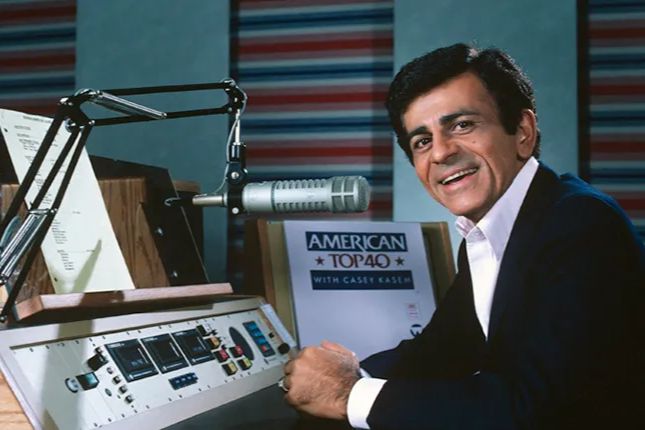
Casey Kasem hosted American Top 40 (AT40), the syndicated weekly radio show that counted down the 40 most popular songs in the U.S. from 1970 to 1988 and again from 1998 to 2004. His distinctive, warm, and factual delivery, complete with “Long Distance Dedications” and famous sign-off, made the Billboard charts accessible and emotionally resonant. Kasem’s influence was so pervasive that his show was an essential career benchmark for musicians, turning the act of listening to the radio into a ritual for millions of loyal listeners every weekend.
2. Wolfman Jack: The Gravel-Voiced Icon
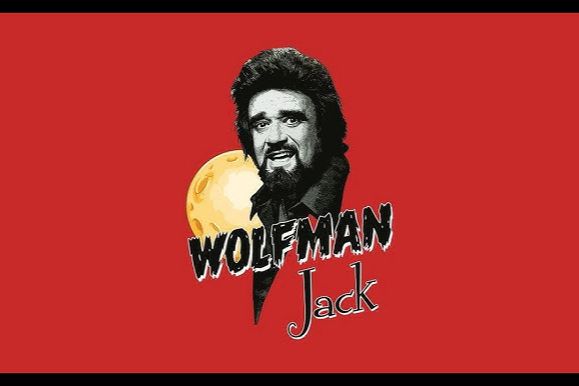
Known for his raspy voice and exuberant, often suggestive, on-air persona, Wolfman Jack (Robert Weston Smith) became a household name across North America. Broadcasting on XERF, a powerful Mexican border blaster station that ignored U.S. signal restrictions, his show reached millions, even being heard by American troops in Vietnam. His enormous cultural reach was cemented when he played himself in the iconic 1973 film American Graffiti, lending an authentic voice to the nostalgic golden age of rock and roll radio and making him one of the most recognizable radio figures globally.
3. John Peel: The Ultimate Tastemaker
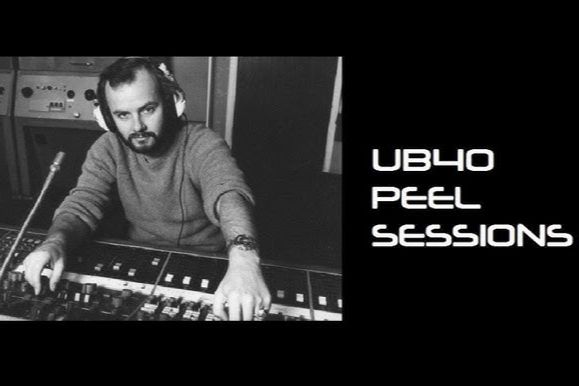
John Peel was a legendary English radio presenter, consistently championing new and underground music for over four decades on BBC Radio 1. Unlike many commercial DJs, Peel had almost complete freedom over his playlists, introducing genres like punk, reggae, electronica, and indie rock to a mass audience. He was renowned for his “Peel Sessions,” where bands recorded live in the studio, giving early exposure to acts like The Smiths, Joy Division, and Nirvana, making him an arbiter of taste whose endorsement could launch a global career.
4. Dr. Demento: The Sultan of Silly
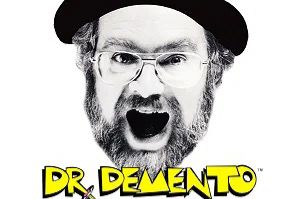
Dr. Demento (Barret Hansen) hosted a weekly syndicated radio show, The Dr. Demento Show, dedicated to novelty songs, comedy records, and unusual musical tracks from 1970 to 2010. He introduced acts like “Weird Al” Yankovic and Barnes & Barnes (creators of “Fish Heads”) to the public, showcasing a different kind of artistry rarely heard on mainstream airwaves. His commitment to musical humor created a dedicated, cult-like following, proving that his specialized niche could achieve a massive and enduring cultural footprint.
5. Murray the K: The Fifth Beatle
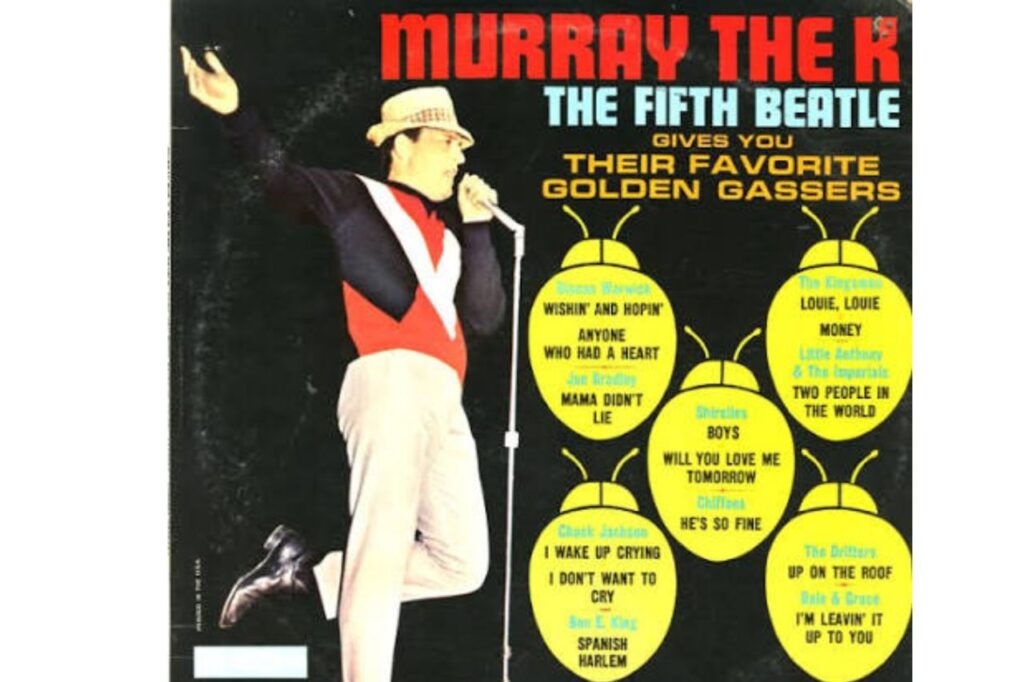
Murray Kaufman, or Murray the K, was an influential rock and roll disc jockey on WINS and later WOR-FM in New York City during the 1950s and 1960s. He earned the nickname “The Fifth Beatle” due to his unprecedented access to the band, particularly during their initial U.S. tours and appearances on The Ed Sullivan Show. His close relationship with the world’s biggest rock act demonstrated the power radio DJs held as gatekeepers and promoters, translating his personal hype and vibrant on-air style into superstar status.
6. Tom Joyner: The Fly Jock
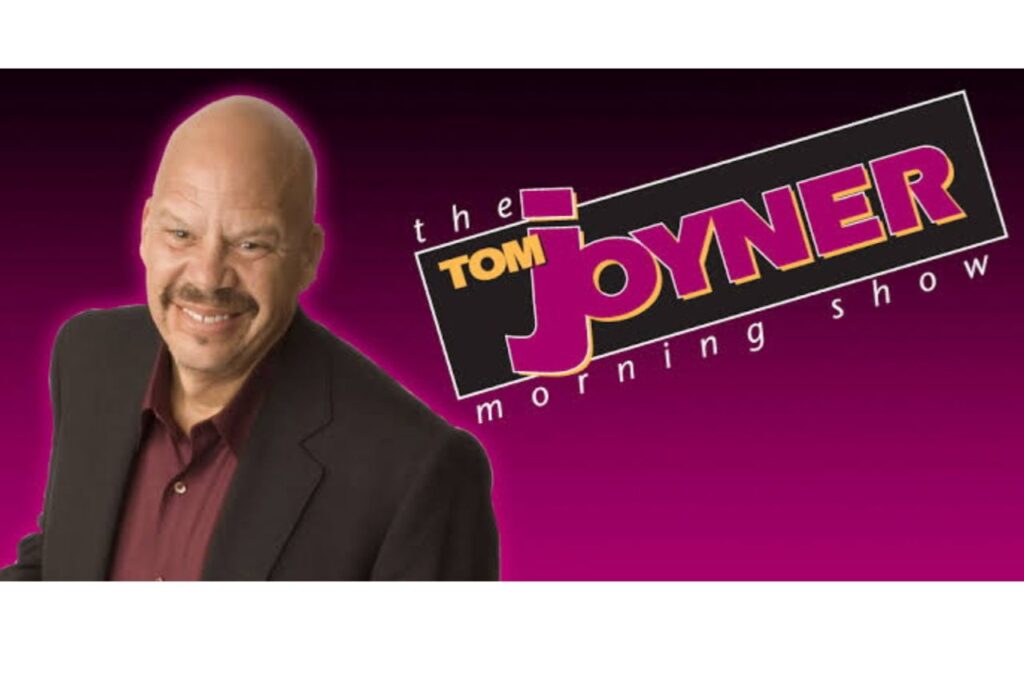
Tom Joyner, dubbed “The Fly Jock,” pioneered the concept of flying between two cities daily to host separate morning and afternoon drive-time shows for years. His nationally syndicated Tom Joyner Morning Show, launched in 1994, targeted African-American audiences and became a significant cultural institution, blending music, comedy, and political commentary. Joyner’s impact extended beyond entertainment; he actively engaged in philanthropy and social activism, using his massive platform to raise millions for historically Black colleges and universities.
7. Howard Stern: The Shock Jock Phenomenon
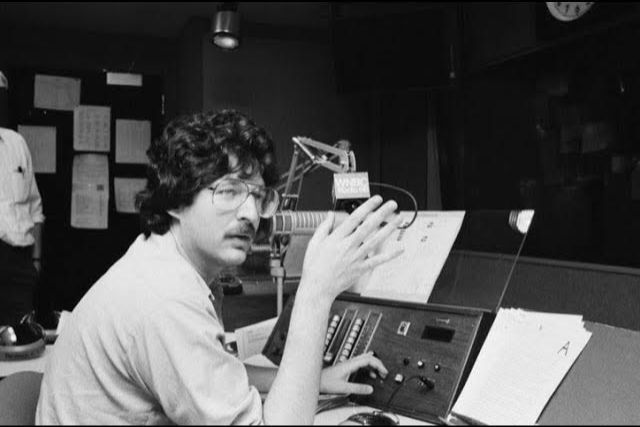
Howard Stern began his career in terrestrial radio, eventually becoming the self-proclaimed “King of All Media” with an unparalleled reach in the late 20th and early 21st centuries. His confrontational, boundary-pushing “shock jock” style and raw interviews earned him massive ratings and significant controversy, leading to huge fines for stations that carried him. Stern’s popularity became so vast he successfully transitioned his immense following from free radio to paid satellite radio (SiriusXM), cementing a star power that transcended the medium itself.
8. Scott Muni: The Rock and Roll Professor
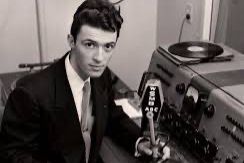
Scott Muni was a key figure in the evolution of FM radio, specifically in bringing the album-oriented rock (AOR) format to prominence in New York City. As the program director and a DJ at WNEW-FM in the late 1960s and 70s, he treated rock music seriously, often playing entire album sides and conducting lengthy, intimate interviews with rock legends. Muni’s credibility and authoritative voice made him the “Professor” to listeners, building a community around a deeper appreciation of the music that elevated the role of the DJ beyond simply playing singles.
9. Cousin Brucie: The Friendly Voice
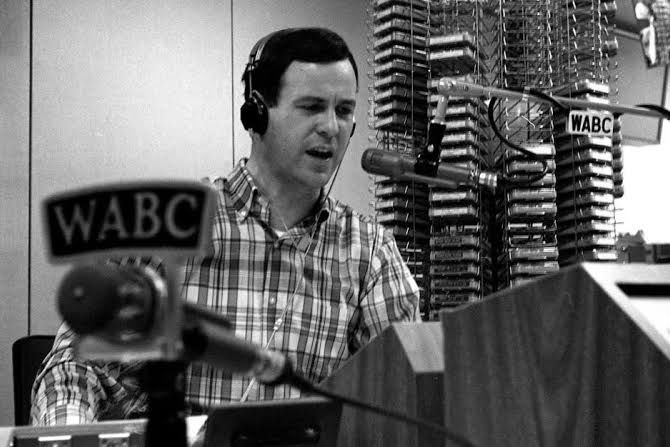
Cousin Brucie (Bruce Morrow) was a staple of New York radio on WABC in the 1960s, a time when Top 40 radio was at its peak. Known for his warm, friendly, and enthusiastic on-air persona, he connected directly with the teenage audience, making his show feel like a massive, shared party. Morrow introduced The Beatles at Shea Stadium and hosted countless sock hops, making him an accessible, beloved figure whose personal rapport with the audience gave him an unmatched celebrity status in his region.
10. Terry Wogan: The Beloved British Breakfast Host
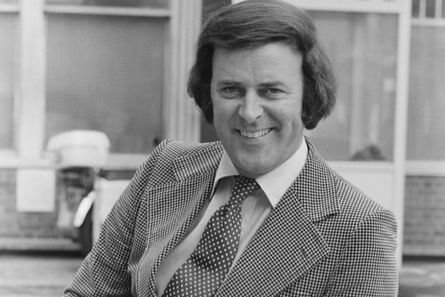
Sir Terry Wogan was one of the most celebrated and beloved broadcasters in British history, primarily known for his BBC Radio 2 breakfast show, Wake Up to Wogan, which he hosted for decades. Wogan’s warm, witty, and often irreverent style cultivated a massive, loyal audience he fondly called his “Terry’s Old Geezers and Gals” (TOGs). His immense popularity led to successful television careers and his annual hosting of the Children in Need telethon, demonstrating an influence that permeated all aspects of British media and culture.
11. Clark: The Eternal Teenager
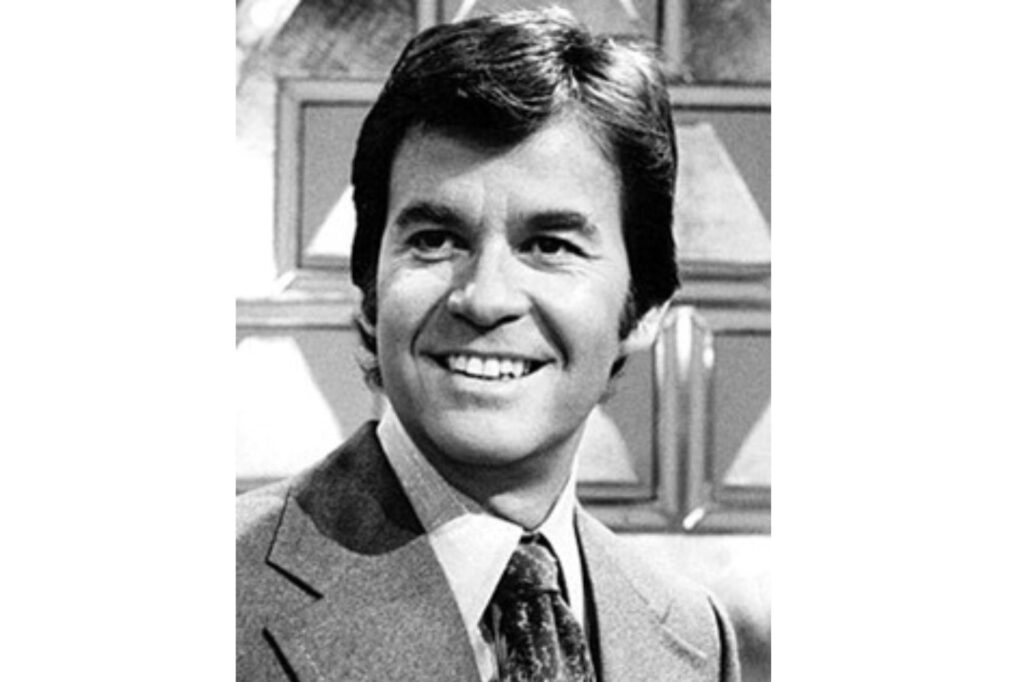
While mainly a television personality, Clark’s roots as a DJ and his lasting radio presence through his syndicated show The Clark National Music Survey kept him influential in the radio space for decades. Clark’s most significant impact was through American Bandstand, which he hosted from 1956 to 1989. The show, which started as a local radio show in Philadelphia, became a national platform that introduced countless rock and pop acts to millions, making Clark a benign, trusted authority figure for teenagers and a powerful gatekeeper of popular music.
12. Bob Grant: The Pioneer of Conservative Talk Radio
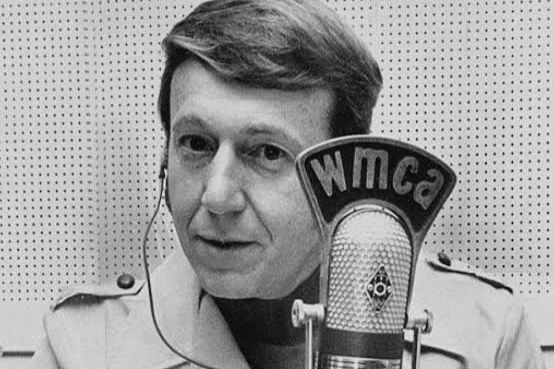
Bob Grant was one of the earliest and most dominant figures in the talk radio format, which emerged in the mid-20th century, particularly on WABC in New York. Known for his abrasive, politically conservative views and “common sense” approach, Grant pioneered the confrontational call-in style. While controversial, his massive listenership and staying power, lasting over four decades on the air, proved that a strong, opinionated radio personality could command a following and influence public discourse on a scale rivaling mainstream politicians or artists.
13. Delilah: The Queen of Emotional Radio

Delilah Rene, universally known by her first name, hosts a nationally syndicated nightly radio show dedicated to love songs, listener dedications, and intimate, supportive conversations. Her format, which combines soft rock and emotional storytelling, has made her a massive star, reaching millions of listeners across hundreds of U.S. radio stations. Delilah’s success comes from her role as an empathetic listener and friend, creating a powerful, therapeutic connection with her audience that few music-focused artists can achieve.
14. Vin Scelsa: The Freeform Radio Maverick
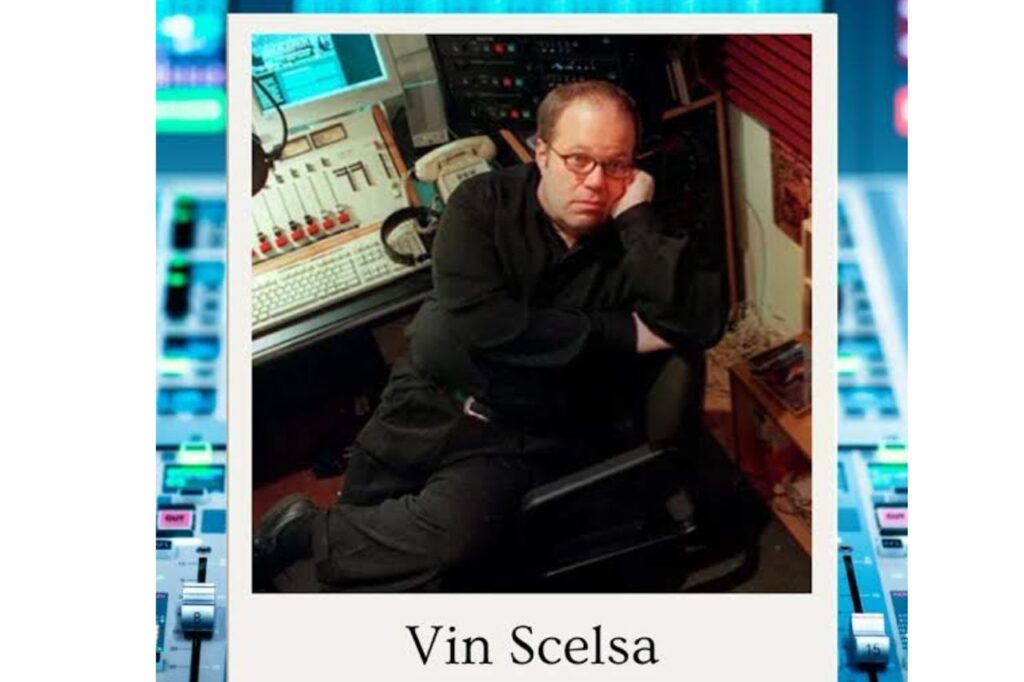
Vin Scelsa was a prominent figure in the freeform and progressive rock radio movements, primarily on WFMU, WBAI, and WNEW-FM in New York. His show, Idiots Delight, was a highly personal and eclectic mix of music, spoken word, and commentary, where Scelsa acted as an insightful curator rather than a commercial disc jockey. His commitment to artistic freedom and deep musical knowledge created a fiercely loyal and devoted following among those seeking a non-corporate alternative, establishing him as an authentic anti-star icon.
15. Frankie Crocker: The Superfly DJ
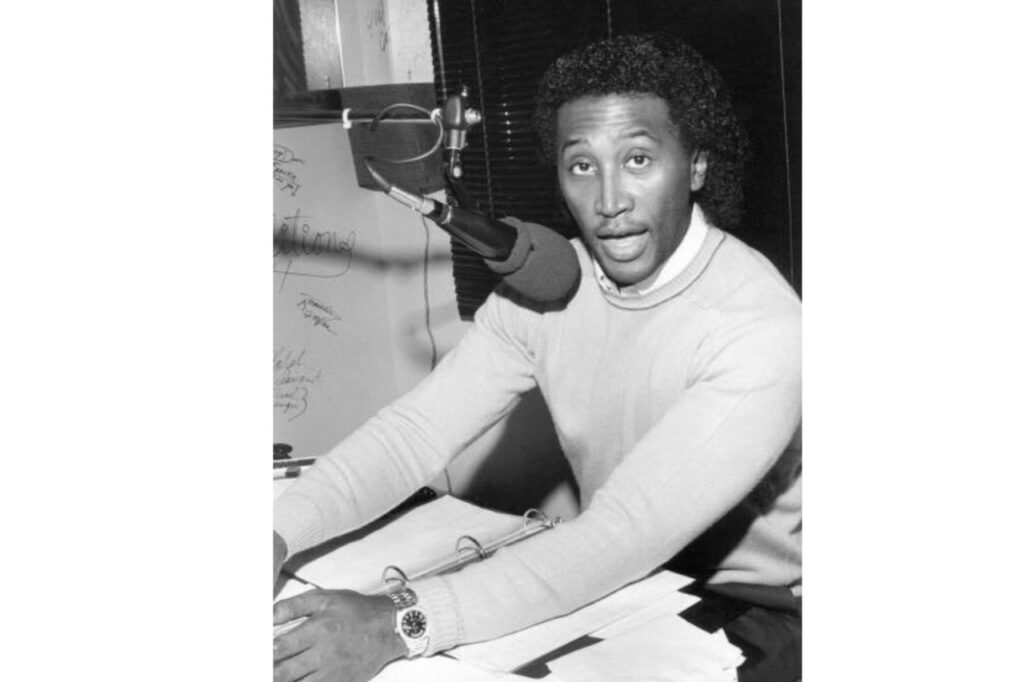
Frankie Crocker was a legendary American radio host, most famous for his smooth, captivating voice and sophisticated style on New York’s WBLS during the 1970s and 80s. Crocker, often called “The Superfly DJ,” was instrumental in establishing WBLS as a cultural powerhouse for R&B, Soul, and Disco. His influence was so significant that he had the power to break records and make major labels take notice, operating as a fashionable, influential icon of Black culture and music in a way that truly set him apart.
16. Alan Freed: The Original Rock and Roll Catalyst
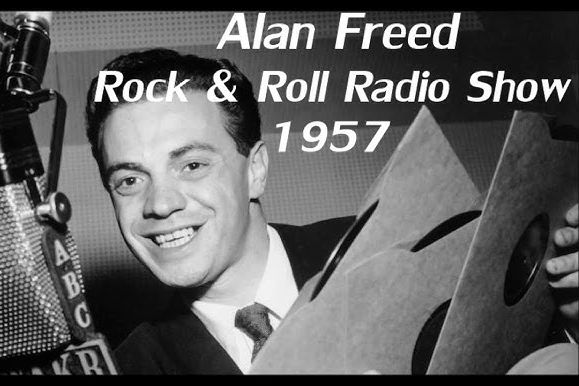
Alan Freed is widely credited with popularizing the term “rock and roll” and bringing the music genre to a mainstream white audience in the 1950s. His pioneering radio show, Moondog Rock and Roll Party, originally on WJW in Cleveland and later on WINS in New York, mixed rhythm and blues, country, and pop, showcasing a diverse range of artists. Freed organized massive, racially integrated live concerts, like the “Moondog Coronation Ball,” often considered the first rock and roll concert, which demonstrated his immense pull and the genre’s broad appeal, transforming him from a simple disc jockey into a cultural impresario.
17. Jocko Henderson: The R&B Rap Pioneer
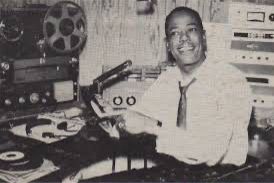
Douglas “Jocko” Henderson was an American R&B disc jockey whose unique, fast-paced, rhyming delivery style heavily influenced the early development of hip-hop and rap music. Broadcasting on powerful stations like WHAT in Philadelphia and WADO in New York during the 1950s and 60s, Jocko was famous for his signature phrase “Eee-Tee-Tee-Oh,” his poetic rhyming intros, and engaging showmanship. His distinct, rhythmic voice and popular live shows, featuring doo-wop and soul, gave him a star quality that laid groundwork for an entirely new musical genre.
These captivating voices prove that the true star power on the radio isn’t just about playing music, it’s about connecting, curating, and creating a shared experience that lasts a lifetime. The impact of these legendary DJs, who shaped playlists, launched careers, and built cultural movements with just a microphone, resonates in our airwaves and musical history to this day.
This story 17 Radio DJ Legends Who Were Bigger Than Rock Stars was first published on Daily FETCH


